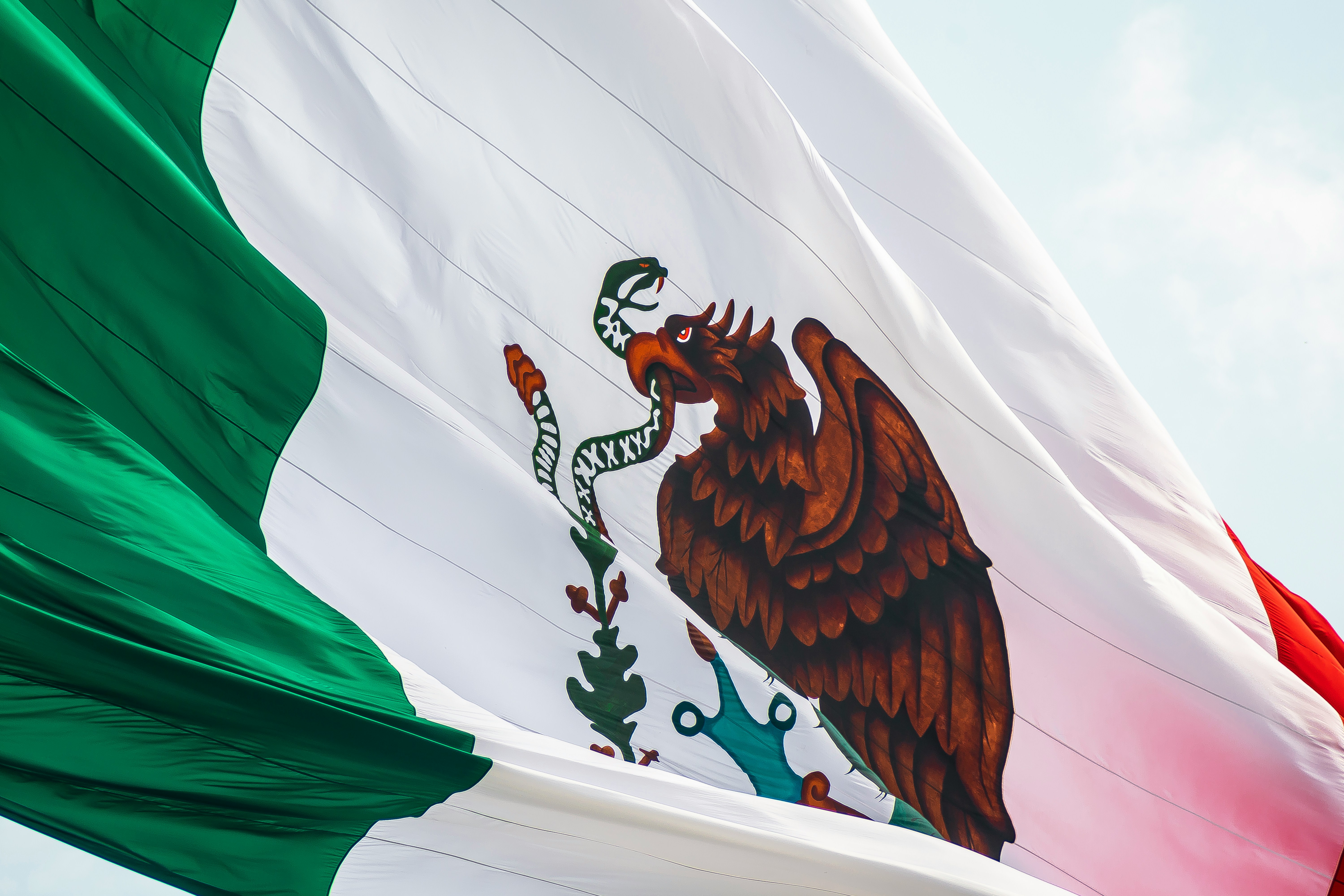
Image - Jorge Aguilar
This article was originally published on Jun 27, 2025
No one can deny the strength and popularity that the National Regeneration Movement (MORENA) has enjoyed since coming to power in Mexico in 2018. This nationalist leftist force managed to retain the presidency in 2024 and expanded its territorial reach in the states as well as its representation in both the national and local congresses. MORENA is emerging as the country’s second hegemonic political force, but it has been almost compelled to share some of its power with two allied parties: the Labour Party (PT) and the Green Ecologist Party of Mexico (PVEM). These parties are widely known in Mexico for their opportunism, consistently allying with larger forces to surpass the 3% vote threshold required to maintain party status.
In the past, the PT and the Green Party posed no real threat to MORENA. Their influence was limited, and their electoral performance negligible when running independently. However, once they gained access to the power MORENA ceded to them, particularly in Congress, they became increasingly bold. The first major sign came in 2021, when the Green Party and the PT, won the governorship of San Luis Potosí, defeating both MORENA and the broader opposition. In 2023, they again broke ranks and ran their own gubernatorial candidates in Coahuila. All three forces lost to the PRI-PAN-PRD alliance.
Though tensions were set aside in 2024, frictions resurfaced following local elections in Durango and Veracruz. In the latter, the PT ran independently. While the Green Party has remained more aligned, it has increasingly asserted its independence in Congress. These developments present a growing challenge for MORENA, which can no longer rely on the unconditional support of its supposed allies.
In this context, the most strategic move for MORENA would be to end its alliances with these minor parties, which have long survived on its electoral machinery. Going solo in the 2027 midterm elections, when over a dozen governorships, thousands of municipal offices, and all 500 seats in the Chamber of Deputies will be contested, would expose the PT and the Green Party to their true electoral weight. Although they have achieved some isolated local victories, they lack the national presence and infrastructure needed to compete effectively on a large scale.
These two parties contribute little to Mexican democracy. For over three decades, they have benefited not from citizen support or ideological clarity, but from strategic alignments with whichever major party offers the best deal. Their continued existence reflects persistent flaws in the Mexican electoral system. Internally, both parties operate through vertical, clientelist structures controlled by their founding elites. There is little to no democratic life within them.
MORENA should acknowledge that continuing to enable these parties only reinforces a broken political culture. Cutting ties would not only prevent further parasitism but also demonstrate strength and consistency. It would also send a strong signal to voters: that MORENA is capable of winning on its own, and unwilling to perpetuate alliances based solely on convenience.
That said, MORENA is not exempt from criticism. It is a centralized, top-down party when it comes to forging alliances and allocating candidacies. Still, public frustration with parties like the PT and the Green Party presents an opportunity for MORENA to shift course. Mexican society is increasingly aware of and weary of minor parties that exist solely to exploit the system without offering meaningful contributions.
Without the PT and the Green Party, the country’s political landscape would be more transparent and competitive. MORENA and the main opposition parties, PAN, PRI, and Movimiento Ciudadano (MC), could engage more directly with the electorate and better represent ideological diversity.
Mexican democracy has its strengths and weaknesses. One of its gravest flaws is the false representation produced by parties like the PT and the Green Party. One proclaims itself the “true left” despite its record; the other uses environmentalist rhetoric to disguise purely electoral motivations. Neither has shown the legitimacy or consistency to justify its continued presence in national politics. Their representation, artificially inflated by coalition agreements and candidate-sharing, undermines the principle of real pluralism.
Severing ties with the PT and the Green Party should be a necessary step toward ideological coherence. If the goal is truly to build a more democratic Mexico, the political system must be cleansed of actors that corrode it from within. The future of Mexican democracy depends on major players choosing principle over convenience, and leaving behind those who no longer serve the public good.